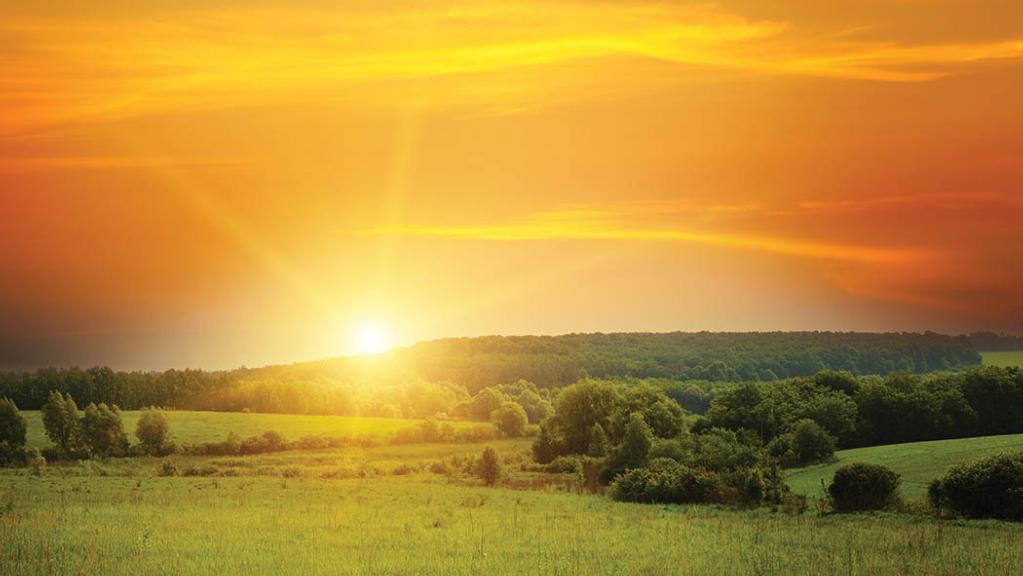
Amid the thick fog of isolation, social distancing and inability to resume normal routine, most of us have kept in touch with the outside world by utilising the wonders of technology from the humble Skype to more sophisticated means of multi-connections to bring disparate families and friends together to re-assure ourselves that those who are dear to us are well and coping in these difficult circumstances.
Beyond that, many of us became creative by playing music together from our respective locations; came up with a huge cannon of funny material to amuse themselves and others; exchange poignant experiences and passing on tips related to survival and so on.
The COVID-19 Pandemic has united the entire world to focus on a single enemy, even though co-ordination and co-operation are not always applied across borders. Nevertheless, the majority of us get it and are suitably keyed up to try and survive it. Sure, there are exceptions where individuals, communities and whole governments choose to play down the significance of what’s happening to humanity, thankfully, they are in the minority.
Already, thinkers, futurists and social experts are sketching out what the world would look like after we subdue this virus and life slowly returns to normal. No doubt some predictions will prove to be correct and others will be wide off the mark. Some predictions are optimistic others, are apocalyptic and too much for us to contemplate such a dystopic world.
I for one, have decided to go for the optimistic view of the new world order. If I don’t, I will get even less sleep than I normally get and burden myself with more things to worry about than I am able to do anything about.
There was a time when most of us where too busy earning a living and we were described as ‘time poor, cash rich’, and to balance the equation, we paid for an increasing range of services in order to claw back some of this time we dedicated to our chosen professions. As we all find ourselves with more time on our hands, ‘time rich, possibly cash poor’, we are going through this social re-evaluation. Increasingly, we are realising there is more to life that can be appreciated, and we are going through a re-assessment of our values that inform and guide our priorities and future efforts.
For example, an average adult with young children would state ‘providing comfortable living for my family’ as a high priority on their fundamental duties in life. This particular principle may well change from being financially based to a more altruistic ‘securing a safer and healthier environment for my children and grandchildren’. Both working parents may choose to be more involved in their children upbringing by dedicating more of their personal time instead of relying on nannies, child minders and pre-school little prisons run by not so qualified staff who resent being used as surrogate parents.
It would be fanciful to suggest all humanity will turn into family-centric, highly principled, non-commercially biased, environmentally friendly creatures. However, on a graduating scale, I hope we all become less aggressive, more empathetic, family-centric, less coveting of others’ achievements ad possessions.
At a corporate level, I hope a similar or even more drastic shift will take place. I spent years helping companies think about and articulate their ‘value system’ as part of their strategic reviews. I have to say, in all but two companies the ‘value system’ was given lip-service by boards of directors and senior executives, utilizing the text as marketing material and sound bites in presentations to staff, clients and stakeholders. Companies prided themselves on having values that focused on community spirit, employees’ welfare, non-discriminatory, and environmental sensitivity. However, when it came to conducting business, they all reverted to type and the only value that was held above all was the money making one disguised as maximising shareholder value, or some similar weasel words.
I have always believed that the two seemingly diagonally opposed values are not mutually exclusive and with imagination, creativity and honesty, the company leadership can create the necessary culture that accommodate both the long-term advantage that can be reaped from altruism and short-term financial prosperity of the company.
Way back in the late 1990s, I worked on an assignment at the international apparel company Levi Strauss. One of their values was respect for people and encouragement of diversity. They really meant it and applied it with vigour and enthusiasm. I was impressed by the level of creativity and harmony amongst staff who hailed from all corners of the world. Levi Strauss remains one of the very few brands that proved to be consistently successful through changes in fashion tastes and tendency to buy low-quality, relatively cheap disposable fashion.
Much younger companies, such Google, Microsoft, Red Hat, Apple, and SAP, have instinctively realised the wisdom of having genuine value systems and as a result, enjoy excellent staff and stakeholder relations, while remaining highly profitable.
Corporate governance best practices encourage the creation of honest and altruistic value systems to be used at a practical level to assess the appropriateness of business strategies. This is to counterbalance the natural tendency of companies to focus on short term profitability, to the exclusion of all other considerations. I know of companies who appoint non-executive directors to focus on such matters and hold the executive to account should they put forward strategies and business plans that fly in the face of the declared value system of the company.
For all of you companies out there, small or large, young or old, publicly or privately owned, when restriction on your ability to trade is lifted, I urge you to take the opportunity to be honest with yourselves and your stakeholders by revising your value systems to reflect altruistic objectives to co-exist with your commercial strategies. Indeed, use the new value system to assess the effectiveness of your leadership, the diversity of thought within the company and the true long-term viability of your business plans.
Let us all hope that we will return to ‘normal’ sooner rather than later but, let us try and define a ‘new normal’ in the light of our recent brush with a true world apocalypse. We owe it to our children generation and the generations after that.
Stay safe.


